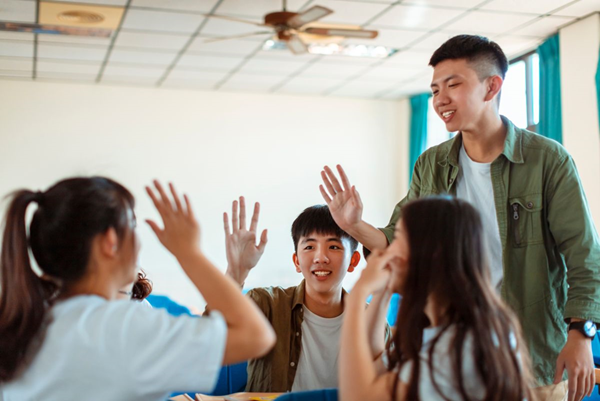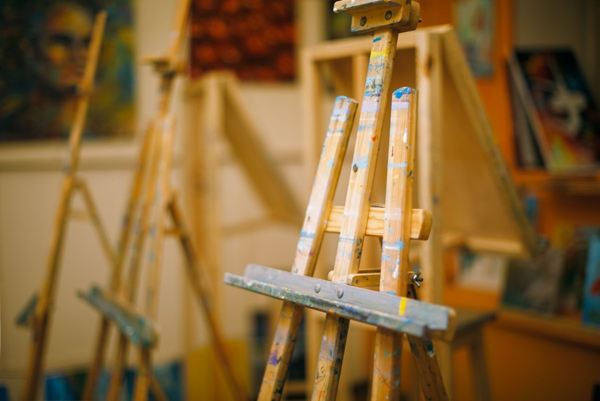Nurturing the Potential of Gifted Students (Part 2): Non-academic Potential - Visual and Performing Arts, Leadership, Physical Fitness | Understanding Giftedness | HKAGE
Some parents and teachers may prioritise gifted students' academic performance and overlook their development in non-academic areas. However, it's important to recognise that some gifted students excel in sports, arts, creativity, or leadership. Nurturing these talents is crucial for their holistic growth. This article will explore the diverse qualities of gifted students and provide tips for fostering their potential in various domains. By tailoring instruction and nurturing gifted students effectively, parents and teachers can meet their unique needs.
Further Reading: Academic Focus: Mathematics, Language, Science, and High-Level Intelligence

3) Gifted children with creative thinking (Creative thinking is the high ability to invent and elaborate on numerous novel ideas)
- Open to experiences
- Have a vivid imagination
- Feel bored with memorisation and recitation
- Think independently and/or flexibly
- Confident in presenting and elaborating original ideas
- Have a preference for complexity and open-endedness
- Tolerate ambiguity, uncertainty, and disorder
- Take risks willingly
Tips for Parents/Teachers You may
Don’t be a killer of creativity!
|
Further Reading: Understanding Twice-exceptional Students
Related information: Parent Education Programme/Workshop/Other Support
4) Gifted children with remarkable talent in visual and performing arts
- Show passion
- Engrossed in artistic projects
- Dislike repetition
- Willing to improve artistic skills
- Strive for perfection in their artistic works
Tips for Parents/Teachers You may
|

a) Gifted children in the visual art domain:
- Sensitive to colours
- Visually imaginative
- Observant of their environment
- Thoughtfully organise different elements in the artwork
Tips for Parents/Teachers You may
|

b) Gifted children in the music domain:
- Identify loudness and softness, and different kinds of sounds (instruments)
- Sensitive to keys and change of tempo
- Remember melodies and can produce them accurately
- Easily master the skills of playing musical instruments
Tips for Parents/Teachers You may
|

c) Gifted children in the drama / dance domain:
- Move with ease to rhythm and melodies
- Use gestures and facial expressions to show feelings
- Nonverbal communicators
- Mood sensors
Tips for Parents/Teachers You may
|
5) Gifted children with leadership competencies
- Skilled in observing others' emotions, thoughts, motivations, and behaviours
- Have strong organisational powers
- Listen to the others empathetically
- People-oriented and have the ability to motivate others
- Have the ability to solve problems tactfully
- Emotionally stable
- Willingly to take risks
- Easily adapt to new situations
- Able to see problems from different perspectives
Tips for Parents/Teachers Encourage your children to
Parents should
|
Related information: Students gifted in leadership can join the HKAGE through Principal's Nomination

6) Gifted children with ingenuity in athletics, mechanical skills, or sensorimotor coordination
- A preference for physical play
- Good balance
- Good coordination
- Adapt the movements to better suit the demands of the task at hand
- Confidence and persistence in physical activities
Tips for Parents/Teachers You may
|






